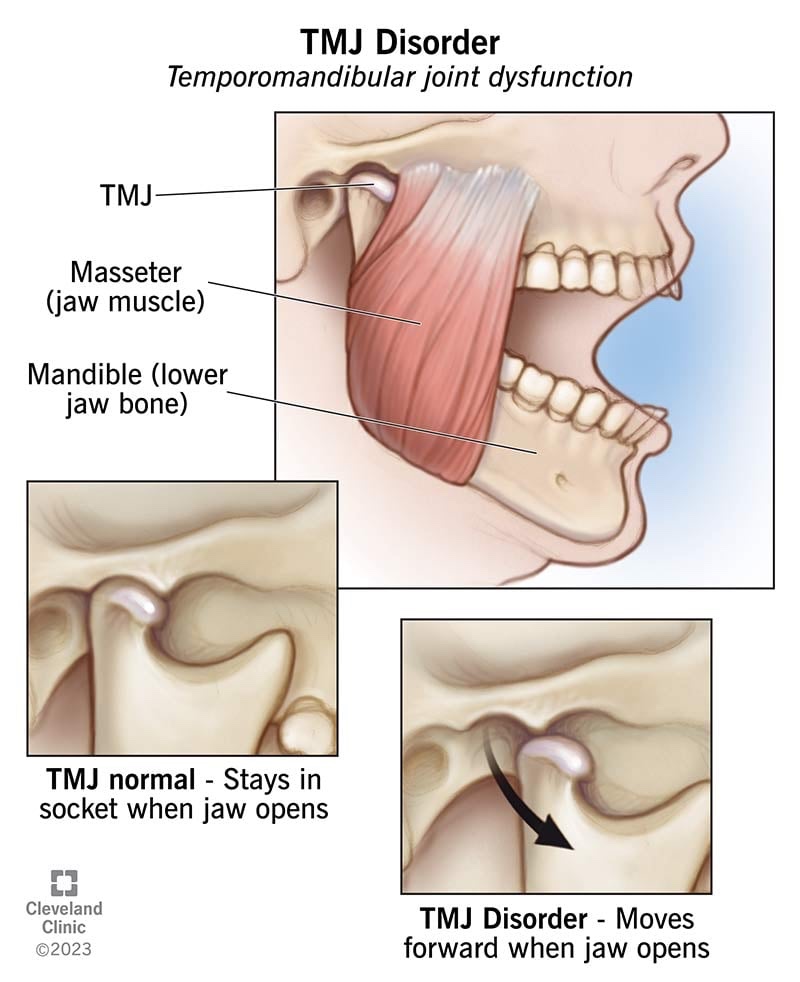Temporomandibular joint (TMJ) disorder can lead to a range of symptoms that affect the jaw joint and surrounding areas. While symptoms may vary from person to person, many individuals diagnosed with TMJ disorder experience persistent symptoms that are present almost 24/7. Here are some common symptoms that individuals with TMJ disorder often encounter:

Living with this sucks!!!
1. Constant Jaw Pain
Jaw pain is a hallmark symptom of TMJ disorder. It can be persistent and ongoing, causing discomfort throughout the day. The pain may be localized to the jaw joint itself or radiate to the surrounding areas, such as the face, neck, and ears.
2. Chronic Jaw Clicking or Popping
Frequent clicking, popping, or grating sounds in the jaw joint are another common symptom of TMJ disorder. These noises often occur during jaw movement, such as when opening or closing the mouth. Some individuals may also experience a sensation of the jaw getting stuck or temporarily locked.
3. Facial Pain and Tenderness
TMJ disorder can lead to facial pain that is present consistently. This pain may be felt in the cheeks, temples, or around the ears. It can range from a dull ache to sharp discomfort and may worsen with jaw movement or prolonged use of the jaw muscles.
4. Headaches and Migraines
Many individuals with TMJ disorder experience frequent headaches or migraines. These headaches are often tension-type headaches and can be accompanied by facial pain. The headaches may be constant or occur in episodes, significantly impacting daily life.
5. Ear Pain and Pressure
TMJ disorder can cause ear-related symptoms such as ear pain, a feeling of fullness or pressure in the ears, and occasional ringing or buzzing sounds (tinnitus). These symptoms can persist throughout the day and may worsen during jaw movement or when pressure is applied to the jaw joint.
6. Muscle Tension and Fatigue
TMJ disorder can lead to muscle tension and fatigue in the jaw and surrounding areas. This can result in a constant feeling of muscle tightness or fatigue, making it challenging to perform daily activities that involve jaw movement, such as eating or speaking.
It’s important to remember that each individual’s experience with TMJ disorder may be unique, and symptoms can vary in intensity and duration. If you are experiencing any of these symptoms consistently, it’s recommended to consult with a healthcare professional or a dentist specializing in TMJ disorders for an accurate diagnosis and appropriate treatment options.
As an Amazon Associate we earn from qualifying purchases through some links in our articles.




